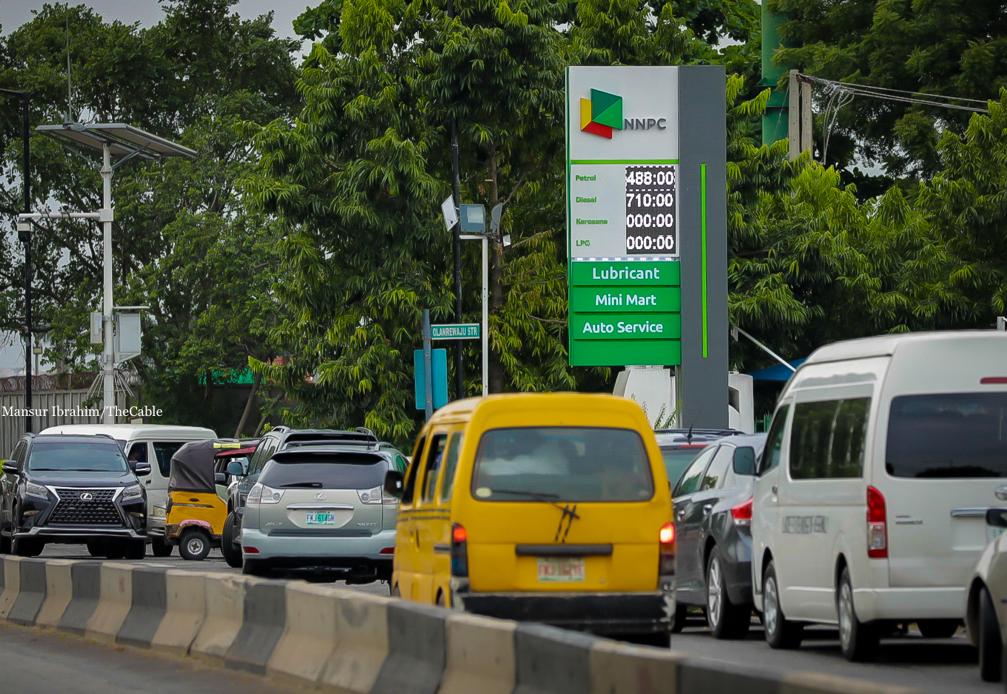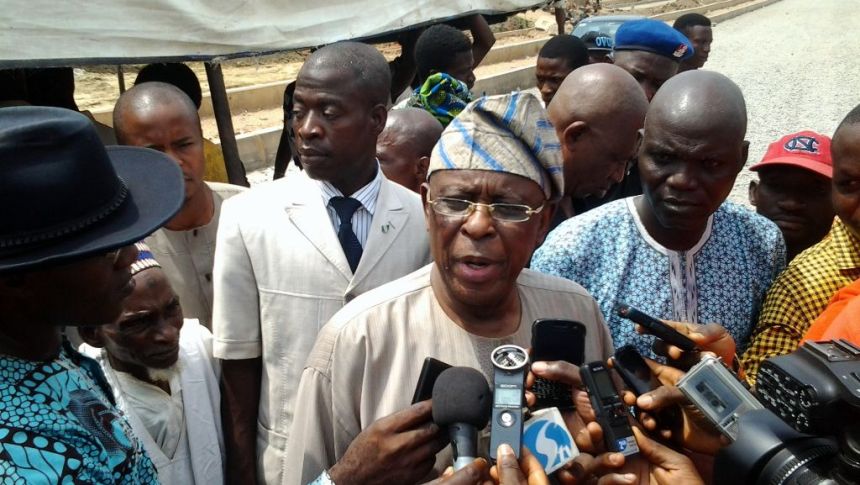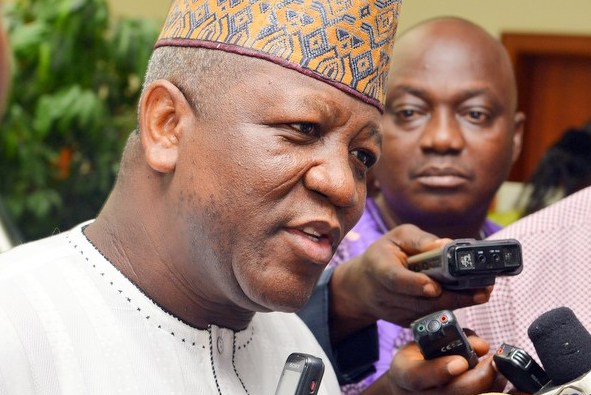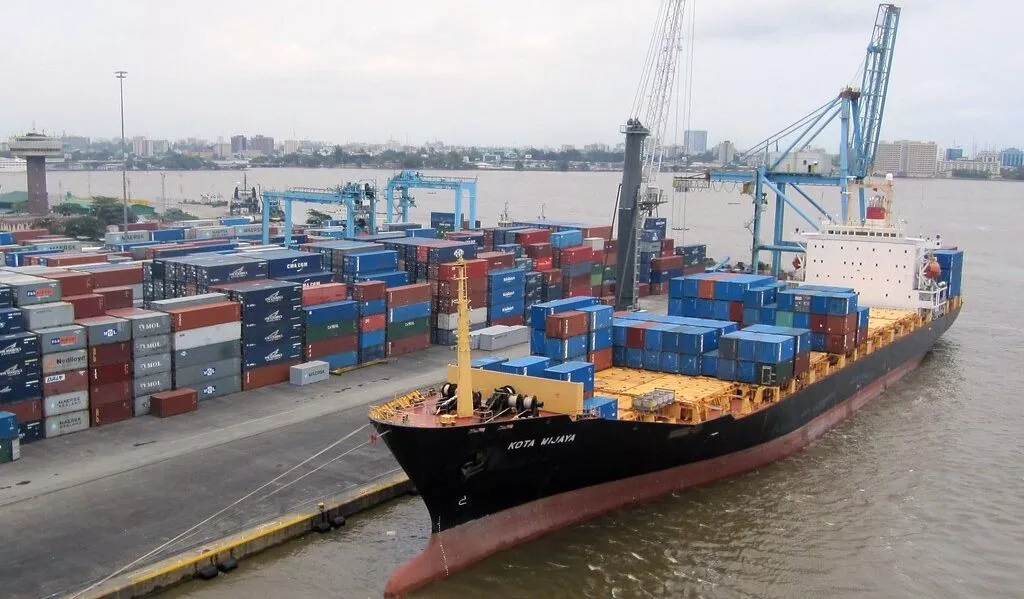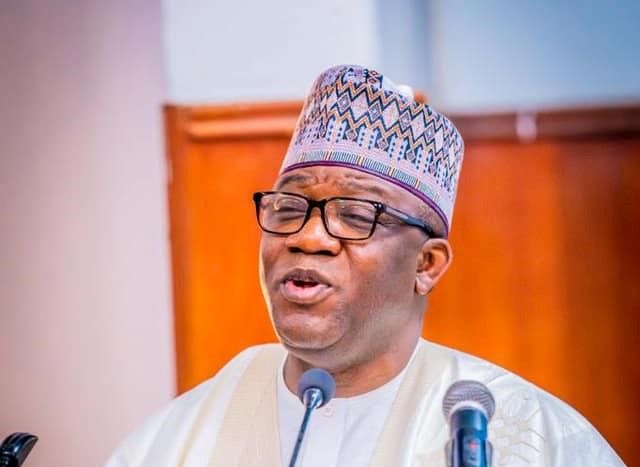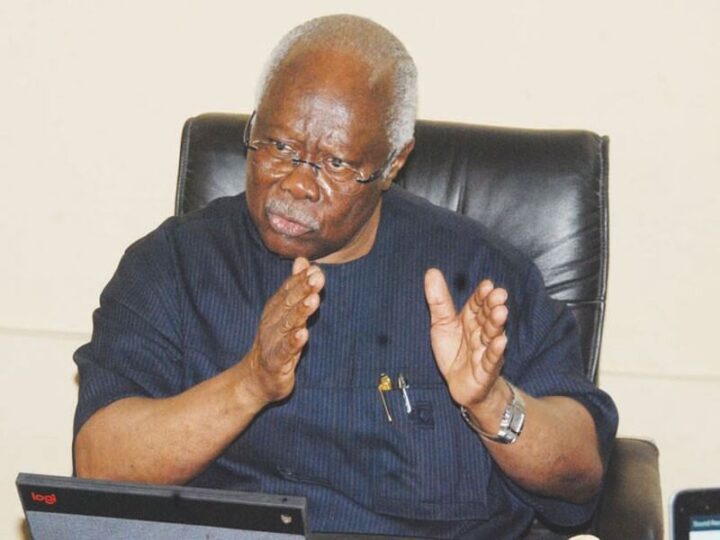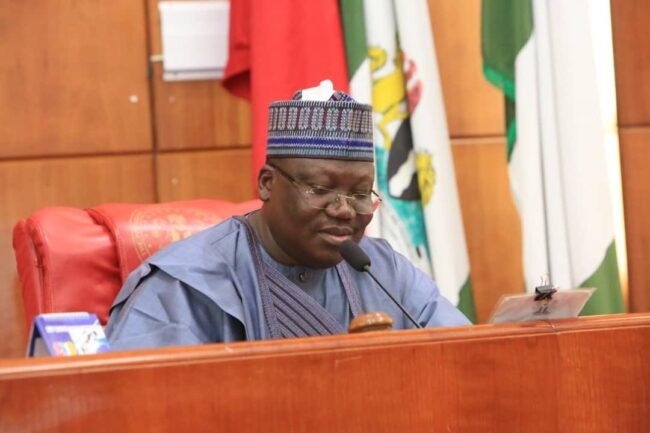While delivering his inaugural address on Monday, President Bola Tinubu said the “petrol subsidy is gone” because the immediate administration did not make provision for such in the 2023 appropriation. Despite the assurance by the president’s team that the subsidy removal is not immediate, the announcement has sparked a reaction across the country.
Since then, in Lagos, Abuja, and other parts of the country, operations have ceased in some filling stations, while those that dispensed petrol increased prices.
Transport fares have gone up, and thousands of people are spending valuable time queueing for fuel. It’s hitting everyone where it hurts, even the rich are not left out.
Nigerians are left with no choice but to adjust to new lifestyles brought about by a change of policy. It started during the height of the naira redesign policy, now the petrol price hike may demand a more frugal lifestyle.
Advertisement
Here are suggestions for some lifestyle adjustments.
Explore alternative energy sources
This may be the best time to invest in renewable energy to reduce dependence on fuel for electrical machines and generators used in factories and homes.
Advertisement
Portable solar home systems remain one of the cheapest means to light up the house and power small home appliances.
Introduction of flexible work schedules by employers
There are jobs that cannot survive days without the physical congregation of workers, but there are many other establishments that can endure the blend of virtual and physical arrangements for workers.
Factories can make work schedules flexible by adopting regulated work shifts to ease transportation costs for employees.
Advertisement
This is the time to encourage virtual meetings. The objective of that official meeting can still be achieved on Zoom, Google Meet and other video conferencing apps. That document can also be signed virtually. We can still achieve efficiency in a tech-driven work environment.
Foster the idea of efficient driving habits
Nigerians are buying a litre for N488 in Lagos and over N500 in Abuja and in other parts of the country. It is advisable that private car owners drive when it is only unavoidable and also ensure that their speed is moderate. Maintain a constant speed of 15 to 20 mph.
The idea of doing away with the car’s air conditioning may have been received as a joke, but some experts claim leaving it on while driving slowly increases fuel consumption by up to seven per cent.
Advertisement
Consumers must at this time start to learn how to do proper maintenance of their vehicles without having to entirely do away with them.
Register wards in schools at a trekking distance from your house
Advertisement
The nuances of picking a child’s school are not lost on us; drastic issues demand well-thought decisions. In order to augment the budget for those that keep one, the thought of changing one’s child’s school to a good institution of trekkable distance is quite logical at this time.
Attend neighbourhood places of worship
Advertisement
Congregating in recognised churches and mosques no matter how excruciating it takes to reach there is an attitude that may need to be relaxed at this period.
Religious Nigerians may need to attend places of worship close to their homes. This situation may be unfamiliar but at this delicate time, it appears “where two or three are gathered” is best believed.
Advertisement
A phone call will do it
At the moment, there are so many places you can avoid driving to and you can also avoid spending huge money on commercial vehicles. A phone call will do it. It’s safer that way and less expensive. You don’t have to spend hours in traffic too.
If it is not far, walk it. Walking is a good exercise for your health. Patronise neighbourhood shops, malls and markets. A phone can also deliver that product to your doorstep. The world is changing; you should too.
Most importantly, live within your means.
Add a comment

